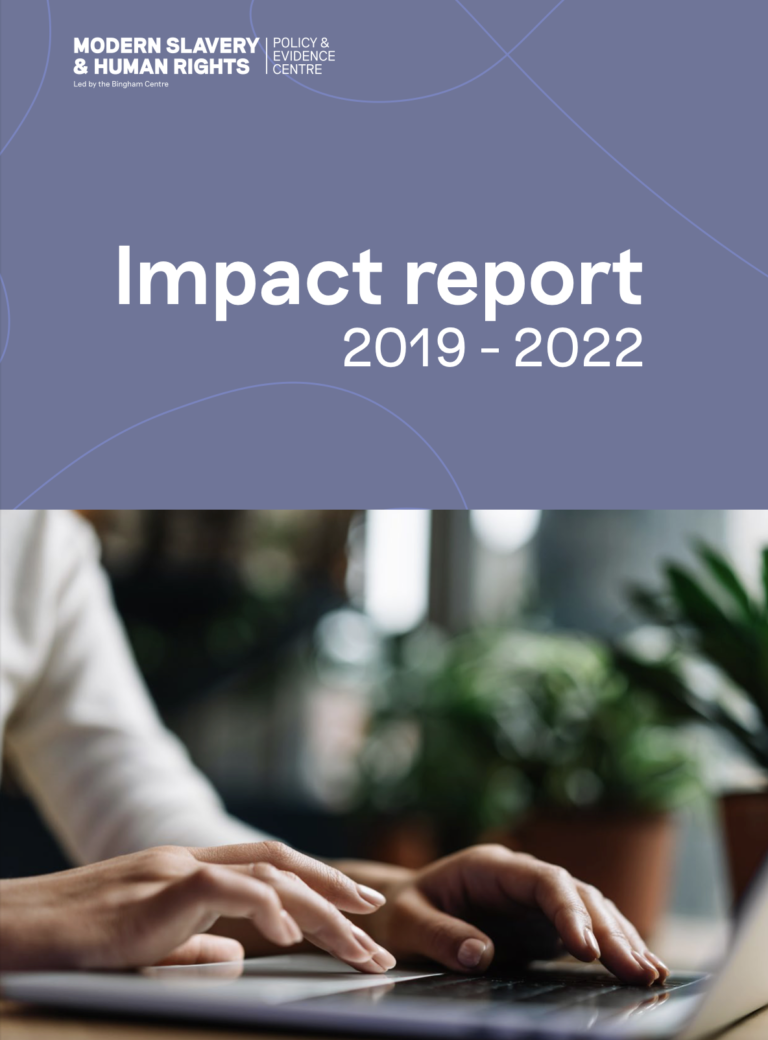Slavery is a complex phenomenon and a pervasive
scar on humanity. The control of another person, the
exploitation of their body and labour, and the removal
of their rights, is a degradation of all concerned. It is
all too easy to see this as a problem of another time
or of other places, but it is a problem of our time and
our place too. Our choices in the UK of consumption,
investment and attentiveness are critical to the
extent to which slavery flourishes or is challenged
elsewhere. We can choose to check on the ethical
provenance of our fashion or food; we can choose better investment practices; we can choose to legislate meaningfully.
But it is not simple to do this, even if it is clear we should. Slavery is complex – it is and always has been deeply but not always very visibly intertwined in economic and social practices. That’s why it has taken so long for us to recognise its pervasiveness in our own history.
To tackle slavery requires a multiplicity of skills and relentless determination to expose the evidence and draw the best conclusions. That’s why the Modern Slavery and Human Rights Policy and Evidence Centre is so important and why it is rapidly establishing itself as a critical friend to, and a vital underpinning of, better policy in the UK.
It is a privilege for the Arts and Humanities Research Council to be able to support the Modern Slavery and Human Rights Policy and Evidence Centre. To study the humanities is to study how we may best flourish as human beings, and the obstacles to that flourishing. Slavery, entangled as it is in historical behaviours, economic inequalities, and political choice is one of the greatest inhumanities we can inflict on each other.
It is a collective duty to work together to eradicate slavery from our world, and the Modern Slavery Policy and Evidence Centre is one of our finest and most essential guiding lights.

